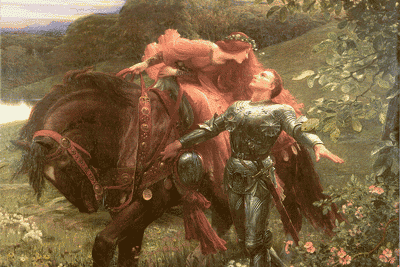
When in 1767 a modernised British Parliament, committed to the principle of parliamentary sovereignty unlimited and unlimitable, issued a declaration that a parliamentary majority could pass any law it saw fit, it was greeted with an out-cry of horror in the colonies. Such a doctrine, colonists insisted, demolished the essence of all their British ancestors had fought for. In this sense, they objected not only that they were not represented in that Parliament but even more that it recognised no limits whatever to its powers. With this application of the principle of legal limitation of power by higher principles to Parliament itself, the initiave in the further development of the ideal of free government passed to the Americans. They were singularly fortunate, as perhaps no other people has been in a similar situation, in having among their leaders a number of profound students of political philosophy. It was when these colonists discovered that the British constitution, in whose principles they had firmly believed, had little substance and could not be successfully appealed to agains the claims of Parliament, that they concluded that the missing foundation had to be supplied in the form of a new constitution, as they regarded as fundamental doctrine that a constitution was essential to any free government and that a constitution meant limited government. Also, their experience with the colonial charters had also taught them that any constitution that allocated and distributed the different powers necessarily limited the powers of any authority. To the colonists, freedom meant that government should have powers only for such action as was explicitly required by law, so that nobody should possess any arbitrary power. The formula that all power derives from the people referred not so much to the recurrent election of representatives as to the fact that the people, organised as a constitution-making body, had the exclusive right to determine the powers of the representative legislature. The constitution was thus conceived as a protection of the people against all arbitrary action, on the part of the legislative as well as the other branches of government. A constitution which in such manner is to limit government must contain subtantive rules, it must contain general principles which are to govern the acts of the appointed legislature. The idea of such constitution involves not only the idea of hierarchy of authority or power but also that of a hierarchy of rules or laws. A constitutional system involves a subordination of inmediate objectives to long-term ones. This means a limitation of the means available to a temporrary majority for the achievement of particular objectives by general principles laid down by another majority for a long period in advance. This division of authority between a temporary authority and a more comprehensive body implies a recognition of limits to the power of deliberate reason and a preference for reliance on proved principles over
ad hoc solutions. To put it differently, a group of men can form a society capable of making laws because they already share common beliefs which make discussion and persuasion possible and to which the articulated rules must conform in order to be accepted as legitimate. From this it follows that no person or body of persons has complete freedom to impose upon the rest whatever laws it likes. A commitment to long-term principles, in fact, gives the people more control over the general nature of the political order than they would possess if its character were to be determined solely by successive decisions of particular issues. A free society certainly needs permanent means of restricting the powers of government, no matter what the particular objective of the moment may be. And the Constitution which the new American nation was to give itself was definitively meant not merely as a regulation of the derivation of power but as a constitution of liberty, a constitution that would protect the individual against all arbitrary coercion.
Based on "The Constitution of Liberty", by F. Hayek.



